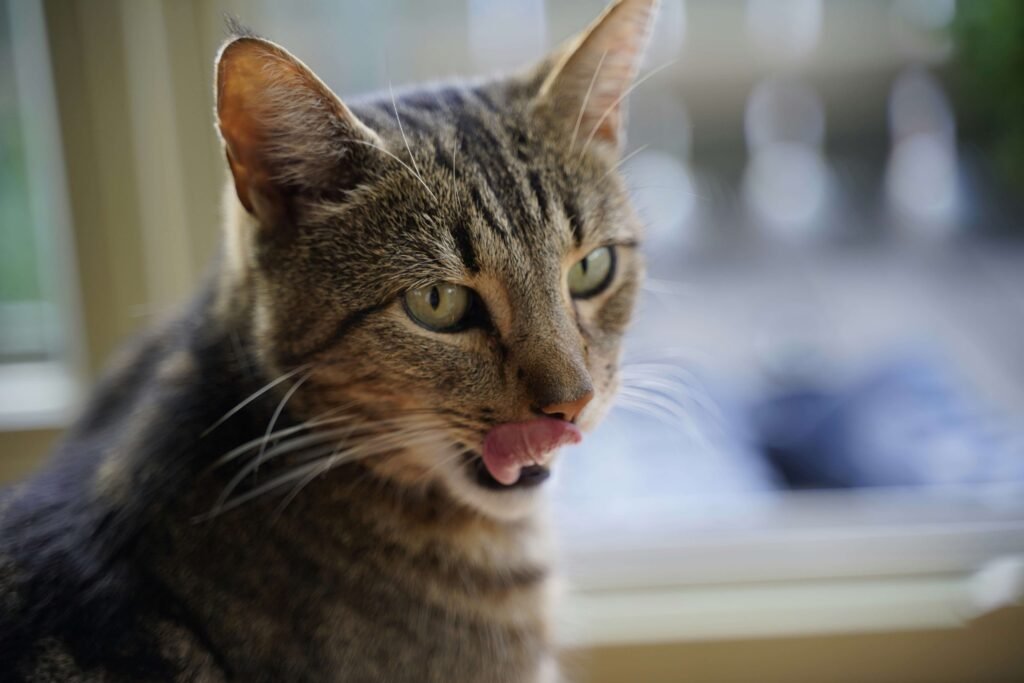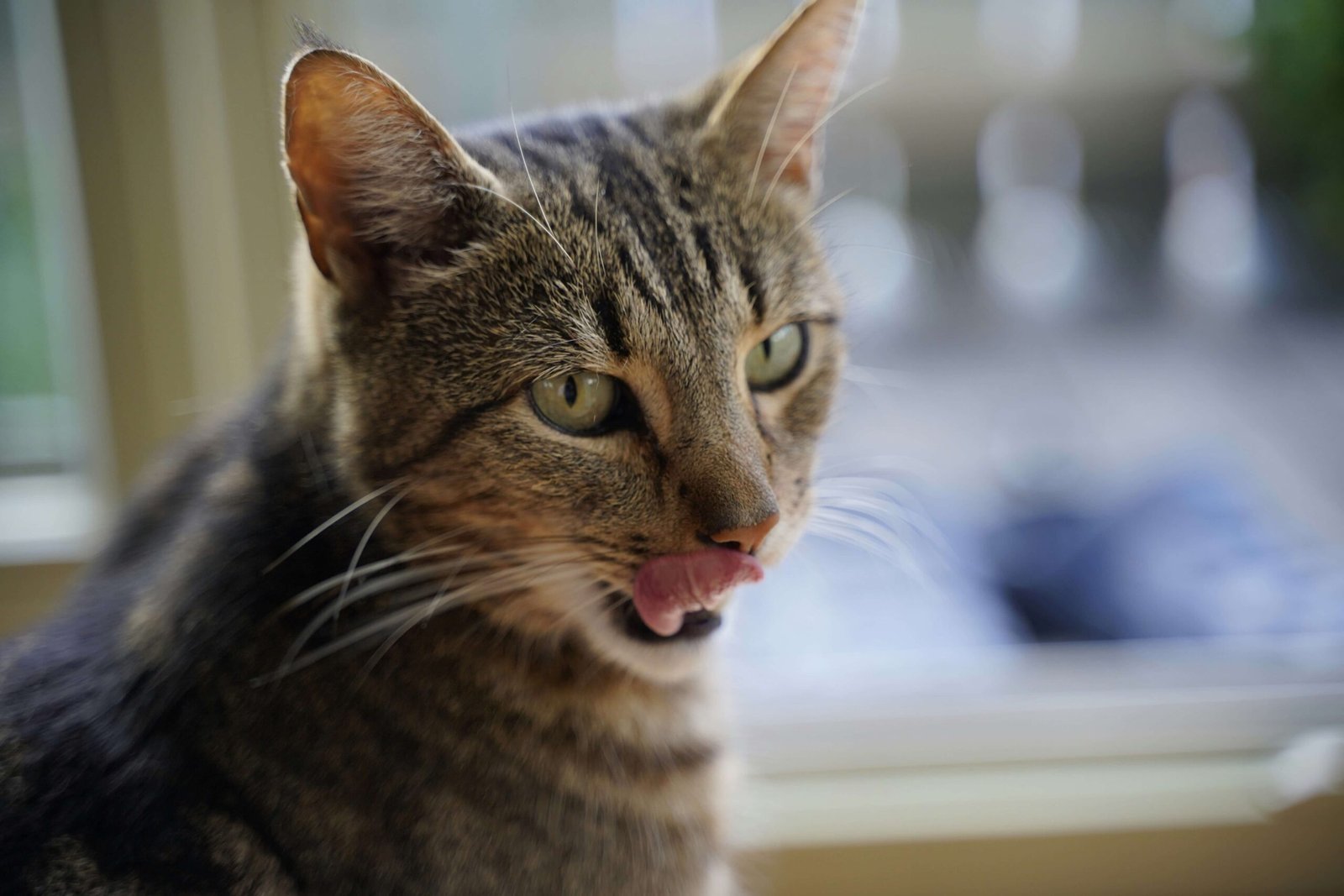Black Cat Poop: What It Means and How to Address It
Caring for a cat comes with its fair share of responsibilities, and one of the less glamorous aspects is monitoring their litter box habits. While most cat owners are accustomed to seeing brown poop, finding black cat poop can be alarming. Though it may not always indicate a serious issue, black stool can sometimes signal underlying health concerns that require attention. In this blog post, we’ll explore what black cat poop might mean, how to identify potential causes, and what steps you can take to ensure your feline friend stays healthy. Whether you’re a new or experienced cat owner, understanding this unusual occurrence can help you provide the best care for your pet.
Understanding Black Cat Poop: Possible Causes
Black cat poop can occur for a variety of reasons, ranging from dietary changes to more serious health issues. Here are some common explanations to consider if you notice this unusual color in your cat’s stool:
Dietary Changes : Certain foods, such as those containing dark-colored dyes or high levels of iron, can temporarily alter the color of your cat’s poop.
Bleeding in the Upper Digestive Tract : Black stool, also known as melena, can indicate bleeding in the stomach or small intestine. This blood gets digested and turns the stool black.
Ingestion of Foreign Substances : Cats are curious creatures, and swallowing non-food items like dirt, hair, or even certain plants can affect the color of their stool.
Medications or Supplements : Some medications, particularly those containing iron or bismuth, can cause black poop as a side effect.
Parasites or Infections : Intestinal parasites or bacterial infections can disrupt your cat’s digestive system and lead to unusual stool colors.
If you notice black poop consistently or accompanied by other symptoms like lethargy or vomiting, it’s important to consult a veterinarian to rule out serious conditions.
Signs to Watch For: When Black Cat Poop Indicates a Problem
While occasional black stool may not be cause for concern, certain accompanying symptoms can indicate a more serious issue. Here’s what to look out for:
Vomiting : If your cat is vomiting frequently alongside producing black poop, it could point to gastrointestinal distress or an obstruction.
Lethargy : A lack of energy or interest in usual activities may suggest your cat is feeling unwell.
Loss of Appetite : Refusal to eat or drink can be a red flag for digestive issues or other health problems.
Weight Loss : Unexplained weight loss combined with black stool may indicate a chronic condition requiring veterinary attention.
Diarrhea or Constipation : Changes in bowel movements, especially when paired with black poop, can signal digestive upset or infection.
If you observe any of these symptoms alongside black stool, it’s crucial to seek professional advice promptly to ensure your cat receives the care they need.
Check this guide 👉Cat Pooping Jelly-Like Substance with Blood: Best 7 Tips!
Check this guide 👉Why Is My Cat Pooping Outside the Litter Box? Best 7 Tips!
Check this guide 👉Why Do Cats Run After They Poop? Best 7 Behavior Tips!

Possible Cause | What You Can Do |
|---|---|
Dietary Changes | Monitor their food intake and revert to their regular diet if needed. |
Bleeding in the Digestive Tract | Consult a vet immediately for diagnostic tests and treatment. |
Ingestion of Foreign Substances | Ensure your home is free of small objects or toxic plants that cats might ingest. |
Medications or Supplements | Review your cat’s medication with your vet to determine if it’s causing the issue. |
Parasites or Infections | Schedule a fecal exam and deworming treatment if necessary. |
Preventive Measures: Keeping Your Cat’s Digestive Health in Check
Prevention is always better than cure, especially when it comes to your cat’s digestive health. Here are some tips to help minimize the risk of unusual stool colors like black cat poop:
Provide a Balanced Diet : Feed your cat high-quality food that meets their nutritional needs and avoids unnecessary additives.
Avoid Sudden Food Changes : Gradually transition your cat to a new diet over 7-10 days to prevent digestive upset.
Keep Harmful Items Out of Reach : Remove small objects, toxic plants, and chemicals from areas your cat can access.
Schedule Regular Vet Check-Ups : Routine exams can help catch potential health issues early before they become serious.
Monitor Litter Box Habits : Regularly check your cat’s stool for changes in color, consistency, or frequency.
By taking these preventive measures, you can help ensure your cat maintains a healthy digestive system and reduce the likelihood of encountering black poop.
Home Care Tips: Supporting Your Cat’s Recovery
If your veterinarian determines that your cat’s black poop isn’t caused by a serious condition, there are several ways you can support their recovery at home:
Hydration : Ensure your cat has access to fresh, clean water at all times to prevent dehydration.
Probiotics : Consider adding probiotics to your cat’s diet to promote a healthy gut microbiome.
Gentle Exercise : Encourage light play sessions to keep your cat active and aid digestion.
Stress Reduction : Minimize environmental stressors, such as loud noises or changes in routine, which can upset your cat’s stomach.
Follow Vet Advice : Adhere to any treatment plans or dietary recommendations provided by your veterinarian.
With proper care and attention, most cats recover quickly from minor digestive issues, and their stool should return to its normal color.
Common Dietary Triggers for Black Cat Poop
Your cat’s diet plays a significant role in the color and consistency of their stool. Certain foods or ingredients can lead to black poop, even if they aren’t harmful. Here are some common dietary triggers to be aware of:
Iron-Rich Foods : Foods or supplements high in iron can darken your cat’s stool temporarily.
Dark-Colored Treats : Treats containing artificial dyes or dark pigments may alter stool color.
Raw Diets : Uncooked meats or organs, such as liver, can sometimes result in darker feces.
Charcoal-Based Products : Some digestive aids contain activated charcoal, which can turn stool black.
Spoiled Food : Consuming expired or contaminated food may cause unusual stool colors and require immediate attention.
By monitoring your cat’s diet and eliminating potential triggers, you can often resolve changes in stool color without further intervention.
Environmental Factors That May Affect Your Cat’s Digestive Health
A cat’s environment can have a surprising impact on their digestive system, potentially leading to black poop. Here are some environmental factors to consider:
Toxic Plants : Ingesting certain houseplants, like philodendrons or lilies, can irritate the digestive tract and affect stool color.
Household Chemicals : Exposure to cleaning products or pesticides may lead to gastrointestinal upset.
Stressful Changes : Moving homes, introducing new pets, or loud noises can disrupt your cat’s digestion.
Access to Garbage : Eating spoiled or inedible items from the trash can cause unusual stool changes.
Outdoor Hazards : Cats with outdoor access may encounter dirt, mud, or other substances that affect their stool.
Minimizing these environmental risks can help maintain your cat’s digestive health and prevent unexpected changes in their poop.
When to Seek Immediate Veterinary Care
While occasional black poop might not be alarming, certain situations require urgent veterinary attention. Here’s how to determine when it’s time to consult a professional:
Persistent Black Stool : If black poop continues for more than 24-48 hours, it could indicate internal bleeding.
Blood in Vomit : Vomiting blood alongside black stool is a serious red flag.
Severe Lethargy : A cat that seems unusually weak or unresponsive needs immediate care.
Pale Gums : Pale or white gums can signal anemia, often linked to internal bleeding.
Abdominal Swelling : A bloated or painful abdomen may point to a blockage or other critical issue.
When in doubt, it’s always better to err on the side of caution and seek veterinary advice promptly. Early intervention can make all the difference in ensuring your cat’s health and well-being.
Frequently Asked Questions About Black Cat Poop
Is black cat poop always a sign of a serious problem?
Not always. It can result from dietary changes or harmless factors, but persistent black stool warrants a vet visit.
Can my cat’s medication cause black poop?
Yes, certain medications, like those containing iron or bismuth, can lead to black stool as a side effect.
How often should I check my cat’s litter box?
Check the litter box daily to monitor your cat’s stool and urine output for any abnormalities.
What should I do if my cat stops eating?
Contact your vet immediately, as loss of appetite can indicate a serious health issue.
Can stress cause changes in my cat’s poop?
Yes, stress can disrupt your cat’s digestive system and lead to changes in stool color or consistency.
Prioritizing Your Cat’s Health: A Final Note
Finding black cat poop can be unsettling, but understanding its potential causes and knowing how to respond can make all the difference. Whether it’s a minor dietary hiccup or a sign of something more serious, staying vigilant about your cat’s health ensures they receive the care they deserve. By maintaining a balanced diet, keeping harmful substances out of reach, and scheduling regular vet visits, you can help keep your feline companion happy and healthy. Remember, your cat relies on you to advocate for their well-being—so trust your instincts and seek professional guidance whenever you’re unsure. With love and attention, you’ll continue to enjoy many joyful years together.
Do Cats Have Taste Buds? Best 7 Expert Tips! – Discover how cats experience flavors and why their taste is so unique.
Do Dogs Have Taste Buds? Best 7 Expert Tips! – Discover how dogs experience taste, their preferences, and what it means for their diet and health.
Can Cats Taste Sweet? Best 7 Expert Tips! – Discover why cats can’t taste sweetness, how it affects their diet, and tips to keep them healthy and happy.
Can Dogs Taste Sweet? Best 7 Expert Tips! – Discover how dogs perceive sweetness, which foods are safe, and tips to manage their sweet cravings responsibly.





